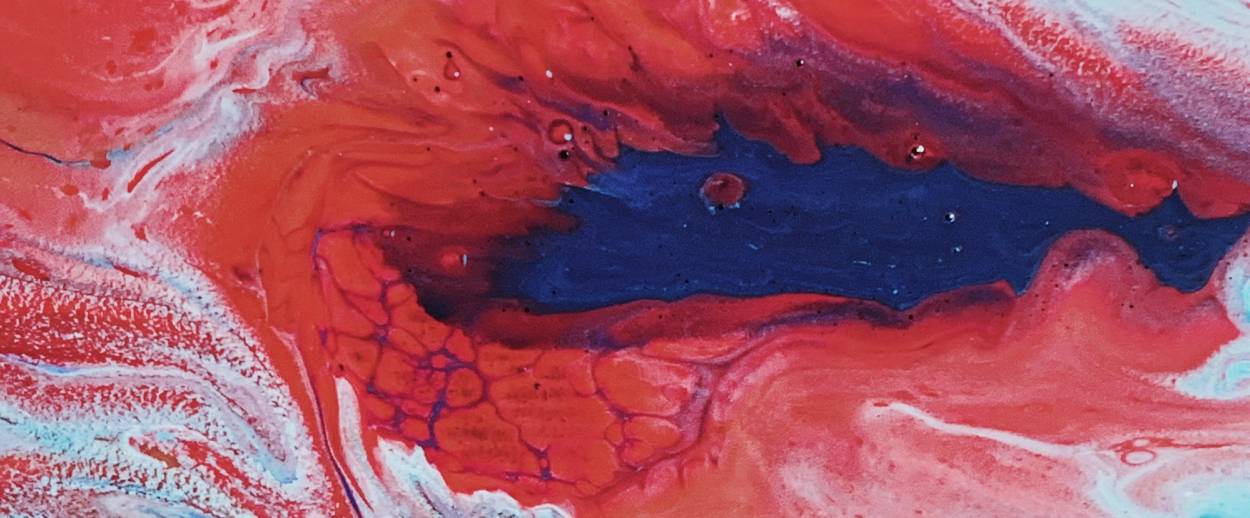The Purim Murder That Wasn’t
An inspiring new take on the holiday’s most famous Talmudic tale, a story of one night, two rabbis, and a grizzly killing that we might’ve misunderstood




One of my favorite Talmudic stories tells of Rabba and Rabbi Zeira, two of our greatest sages, who were celebrating Purim with a feast. Commanded to drink copiously on the joyous day, the two, the Talmud tells us, knocked back a few, until, in his drunken stupor, Rabba somehow got around to killing Zeira. Waking up the next morning with a massive hangover, a repentant Rabba prayed for Zeira’s soul, reviving his friend. The following year, as Purim rolled around, Rabba once again invited Zeira out to dinner, but Zeira declined. “No thanks,” he said. “After all, miracles don’t happen every day.”
Rod Serling wouldn’t have told it any better. Morbid, funny, and terrifying, the story has mesmerized readers for millennia: Was it really possible that Rabba, a revered rabbi, could be so caddish? And what was the moral here, anyway? To watch what you drink? To be more careful when picking your friends?
Haunted by this grisly murder and miraculous rebirth, and with Purim right around the corner, I turned to the Lubavitcher Rebbe, Menachem Mendel Schneerson, who, in his collected talks, offered a radical reinterpretation of the familiar tale.
There was, the Rebbe taught, no bloodletting. Instead, what happened was just as mysterious: The two sages, drinking as one is commanded to do on Purim, began seeing things.
Which things? If you’ve ever prayed with burning intent, or even meditated so furiously that you began to feel the tingling of transcendence, you might’ve caught a glimpse of the vistas that now lay open before Zeira and Rabba. Ordinarily cut off from the fullness of creation—a vision available only to the Creator himself—the two, their inhibitions blunted by wine, began learning and understanding the deeply hidden secrets of the Torah. This was a pleasure for Rabba, whose very name, in Hebrew, connotes greatness; it was a bit too much for Zeira, whose name is a derivation of za’ir, or small. Glancing at the mystical underpinnings of all of history and life itself, one rabbi was elated while the other grew so overwhelmed that he keeled over and died.
We have, in Hasidic literature, plenty of stories of masters who had studied and prayed so hard they felt their soul about to escape their body. And the Rebbe’s reading also explains why, the following year, Rabba would so joyfully invite his friend to relive their fateful night: From one Purim to the next, Rabba might’ve thought, his friend grew spiritually stronger and would now be able to safely join in the metaphysical festivities.
And so can we. In Purim, the Rebbe taught, each Jew is given the might to rise to new spiritual levels without worrying that, like Zeira, he or she might lose touch with the real, physical world and drift away. Our souls unlocked by merriment and a little bit of liquor, our hearts open and focused on the Megillah and the happy, eternal story of Jewish belief and survival, we can, for one day, achieve a new level of holiness unreachable to our sober, secular, workaday selves. If we do, the Rebbe advises, we’ll enjoy greater spiritual strength the whole year through. And God knows we can use some of that right about now.
Liel Leibovitz is editor-at-large for Tablet Magazine and a host of its weekly culture podcast Unorthodox and daily Talmud podcast Take One. He is the editor of Zionism: The Tablet Guide.